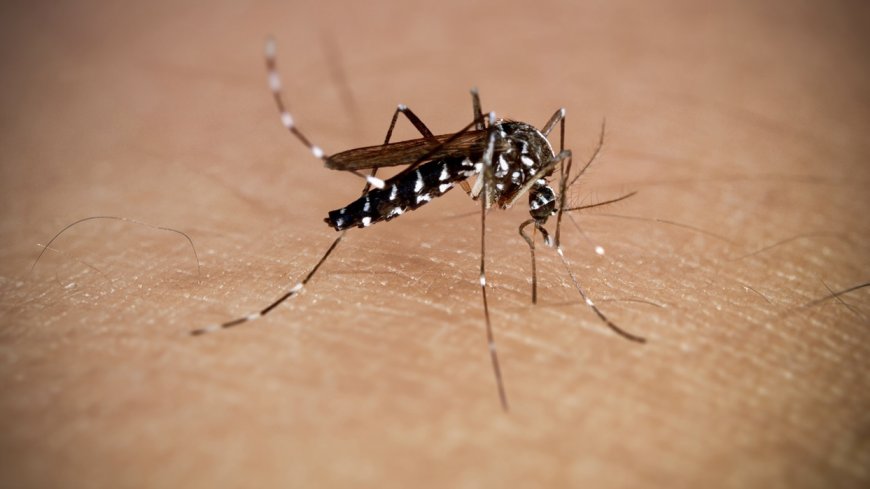Andhra Pradesh to Use AI and Drones to Combat Mosquitoes
Andhra Pradesh is launching an AI-powered mosquito control pilot in six municipal corporations, employing drones, sensors, and heat maps to monitor and reduce vector-borne diseases. The Smart Mosquito Surveillance System (SMoSS) will track mosquito density in real time, guiding targeted spraying to minimize chemical use and costs.

Andhra Pradesh is set to launch an AI-powered mosquito control pilot in six municipal corporations, using drones, sensors, and heat maps to track and curb vector-borne diseases. The Smart Mosquito Surveillance System (SMoSS) is expected to monitor mosquito density in real-time, guiding targeted spraying and reducing chemical use, time, and cost.
The Andhra Pradesh Municipal Administration and Urban Development (MAUD) Department will soon launch an Artificial Intelligence (AI)-enabled ‘smart mosquito control’ program to curb vector-borne diseases. The AI-powered Smart Mosquito Surveillance System (SMoSS) will be rolled out on a pilot basis across 66 locations in six major municipal corporations in the state.
The initiative, primarily aimed at safeguarding public health by tackling the mosquito menace, is touted to reduce the operational workload of civic staff and bring down costs for urban local bodies. The program will be monitored using Internet of Things (IoT) tools such as drones, sensors, heat maps, and traps.
The pilot project will cover 16 locations in the Greater Visakhapatnam Municipal Corporation, four in Kakinada, five in Rajamahendravaram, 28 in Vijayawada, seven in Nellore, and six in Kurnool. Smart sensors will be installed in key mosquito-prone zones of the selected ULBs under the pilot. These devices will detect mosquito species, their gender, density, as well as temperature and humidity levels in the area.
SMoSS will trigger automatic alerts if mosquito density exceeds a threshold in any given location. The data will be streamed in real-time to a central server and visualized on a live dashboard. Evidence-based spraying, reduced chemical use, and prioritizing public health, time, and cost are the key pitches of the initiative.
A reporting system is also being put in place to track daily cases of malaria, dengue, and chikungunya from hospitals. The data will be used to identify mosquito hotspots and guide focused intervention. Special action plans are being drawn up for scheduled fogging and larval treatment in these hotspots.
The whole focus and approach of SMoSS is safeguarding public health. Prevention through containment of vectors will be the driving spirit.
According to the source: The South First.
What's Your Reaction?
 Like
0
Like
0
 Dislike
0
Dislike
0
 Love
0
Love
0
 Funny
0
Funny
0
 Angry
0
Angry
0
 Sad
0
Sad
0
 Wow
0
Wow
0


















































































































































































